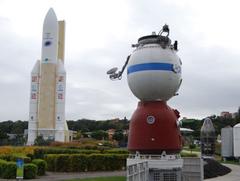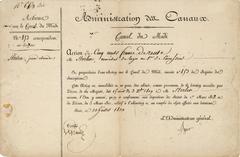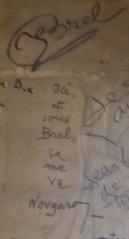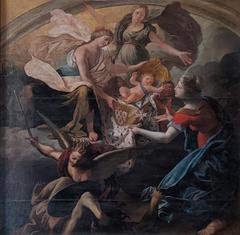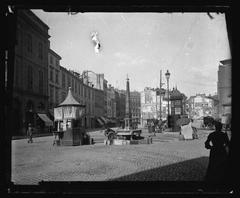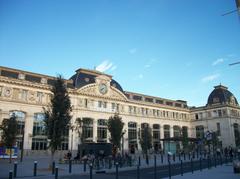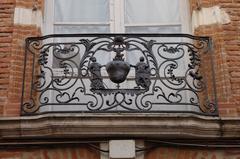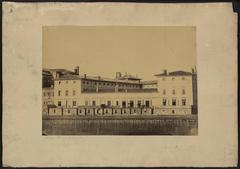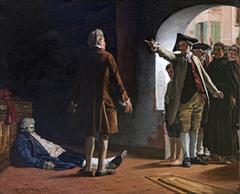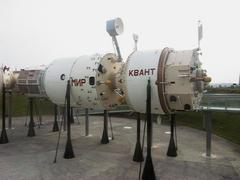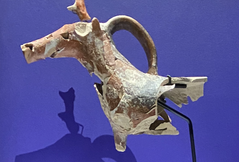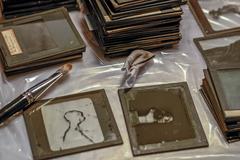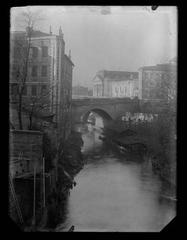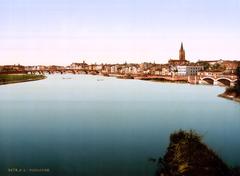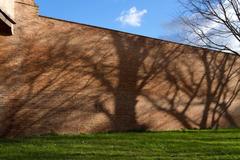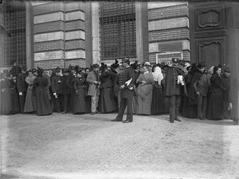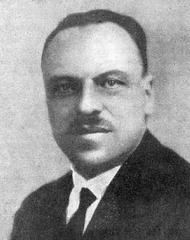
Avenue des Écoles-Jules-Julien, Toulouse, France
Visiting Hours, Tickets, and Historical Sites Guide
Date: 03/07/2025
Introduction
Avenue des Écoles-Jules-Julien, situated in the southern district of Toulouse, is a living testament to the city’s layered history, educational tradition, and vibrant cultural scene. Stretching over 730 meters, this avenue seamlessly merges its medieval roots with contemporary urban life, creating a unique experience for visitors. Having served as part of the vital “grand chemin Français” since the 13th century, it later became the “route de Montpellier” in the 18th century, before integrating into Toulouse’s urban landscape in the 19th and 20th centuries (Wikipedia).
Named after Jules Julien (1864–1935), a notable socialist politician and educational reformer, the avenue reflects the city’s enduring commitment to public education. The impressive Groupe scolaire Jules-Julien, with its award-winning Art Déco architecture (recognized as “Architecture Contemporaine Remarquable” in 2023), and the dynamic Théâtre Jules-Julien, anchor the avenue’s reputation as a hub of civic and cultural vitality (Monumentum; Conservatoire).
This guide provides a comprehensive overview of Avenue des Écoles-Jules-Julien, covering its historical evolution, architectural landmarks, cultural highlights, practical visitor information, and tips for making the most of your visit.
Table of Contents
- Introduction
- Historical Evolution
- Architectural and Cultural Landmarks
- Visitor Information
- Local Life
- Nearby Attractions
- FAQ
- Conclusion
- References
Historical Evolution
Medieval and Early Modern Origins
Avenue des Écoles-Jules-Julien’s lineage dates back to the Middle Ages as a segment of the “grand chemin Français” (caminus Francigenus), a significant trade and communication route documented since the 13th century. By the 18th century, it was known as the “route de Montpellier,” emphasizing its strategic importance for travel and commerce in southern France (Wikipedia).
Urbanization and Educational Legacy
The 19th-century urban expansion of Toulouse saw the transformation of the faubourg Saint-Agne neighborhood, with the avenue evolving through various names before being officially renamed in 1936 in honor of Jules Julien. His advocacy for public education is evident in the avenue’s identity and the area’s educational density, with the word “Écoles” highlighting its scholastic focus (Webvilles). The integration of railway infrastructure and the avenue’s designation as part of the “route nationale 113” further cemented its place in Toulouse’s urban fabric.
Architectural and Cultural Landmarks
Groupe scolaire Jules-Julien
This school complex, inaugurated in 1933 and designed by Jean Montariol, stands as a prime example of Toulouse’s Art Déco architecture. Its distinctive brick friezes, blue mosaic bands, and ironwork featuring the “VT” monogram have earned it the prestigious “Architecture Contemporaine Remarquable” label in 2023, safeguarding its legacy for future generations (Monumentum; POP Culture).
Théâtre Jules-Julien
Originally a community hall within the school complex, Théâtre Jules-Julien is now a celebrated cultural venue managed by the Conservatoire à Rayonnement Régional de Toulouse. It offers a wide array of performances, artist residencies, and educational workshops, supporting emerging talent and fostering intergenerational artistic exchange (Conservatoire; Petit Futé).
Visitor Information
Visiting Hours & Tickets
- Avenue: Open to the public at all times.
- Théâtre Jules-Julien: Typically open Tuesday to Saturday, with performances mainly in the evenings. Box office hours are 2 PM–6 PM. Tickets (€6–€25) can be purchased online or at the venue; some youth events are free with reservation (Conservatoire).
- Guided Tours: Available for the theater and street art; check official websites for schedules.
Accessibility & Transportation
- Access: The avenue is pedestrian- and cyclist-friendly, with dedicated bike lanes and a 30 km/h speed limit for safety.
- Public Transport: Served by bus line 34, Metro B (Saint-Agne SNCF), and VélôToulouse bike-sharing stations (Wikipedia; Moovit Toulouse).
- Parking: Limited street parking; public transport is recommended.
- Accessibility: The avenue and main venues are equipped for visitors with reduced mobility.
Travel Tips
- Best explored on foot or by bicycle.
- For events, purchase tickets in advance, especially during festivals.
- Consult venue websites for the latest schedules.
Photo Spots & Events
- Ideal photography locations include the Art Déco façades, tree-lined streets, and theater exterior.
- Annual highlights: Fête de la Musique, open-air cinema nights, food fairs, and community festivals.
Local Life
Markets, Parks & Gastronomy
- Markets: Local markets on Wednesdays and Saturdays offer fresh regional produce and specialties.
- Cafés & Bistros: Numerous establishments serve traditional Toulousain cuisine and pastries.
- Parks: Square Jules-Julien is open daily, providing a tranquil retreat and hosting occasional events.
Street Art & Creative Spaces
- The avenue is part of Toulouse’s vibrant street art circuit, with colorful murals and public art installations.
- Creative workshops in painting, ceramics, and photography are offered by local ateliers (Toulouse Walking Tours).
Nearby Attractions
- Saint-Sernin Basilica: France’s largest Romanesque church.
- Les Abattoirs Museum: Modern and contemporary art.
- Jacobins Convent: Noted for its medieval architecture.
- Capitole de Toulouse: The city’s iconic town hall and theater.
These destinations are easily reached via public transit or a short walk from the avenue.
FAQ
Q: Is Avenue des Écoles-Jules-Julien free to visit?
A: Yes, it is a public street. Fees apply only for some events or performances at cultural venues.
Q: How do I get tickets for theater performances?
A: Tickets are available online or at the box office; youth events may be free with reservation.
Q: Is the area accessible for people with disabilities?
A: Yes, main venues and public spaces are adapted for accessibility.
Q: Are guided tours available?
A: Yes, through local tourism organizations and the theater.
Q: What is the best season to visit?
A: Spring and early autumn for mild weather and cultural events.
Conclusion
Avenue des Écoles-Jules-Julien encapsulates Toulouse’s historical depth, educational legacy, and cultural dynamism. Its medieval origins, celebrated Art Déco architecture, and thriving community life make it one of the city’s most distinctive neighborhoods. Whether you are drawn by vibrant theater performances, architectural beauty, or the pulse of daily markets and festivals, the avenue welcomes you with open arms. Leverage accessible public transport, explore nearby landmarks, and immerse yourself in the living heritage of Toulouse.
For the latest information on events, schedules, and guided experiences, refer to the official resources below or download the Audiala app for interactive guides.
References and Useful Links
- Avenue des Écoles-Jules-Julien, Wikipedia, 2024
- Groupe scolaire Jules-Julien, Monumentum, 2023
- Théâtre Jules-Julien, Conservatoire à Rayonnement Régional de Toulouse, 2024
- Avenue des Écoles-Jules-Julien, Toulouse Tourisme, 2024
- POP Culture – Groupe scolaire Jules-Julien
- Webvilles – Quartier Jules-Julien
- Petit Futé – Théâtre Jules-Julien
- Moovit Toulouse – Avenue Jules-Julien
- Toulouse Walking Tours
- Square Jules-Julien – Toulouse









